
Hypochondria can be defined as preoccupation with fears or thoughts that the person suffers from a serious illness as a result of misinterpretation of bodily symptoms. There is a constant preoccupation with disease despite undeceiving that the disease is not present and the excluding the existence of the disease by relevant examinations.
Cause
The real causes of hypochondria are not established yet. But it is believed that hypochondriacs are people who can’t solve their life problems or individuals who have experienced stressful events so they go to the "sick state" disregarding in some way their obligations and receiving support from the environment.Usually it is about narcissistic structured personalities, which show great concern and fear for themselves, unconsciously seeking to satisfy their needs. Behind hypochondriac conscious concern for physical health may actually hide unconscious guilt and auto destruction.
Often hypochondria projects in neurosis, mostly in hysterical neurosis. It is also side effect of depression. Hypochondria often appear at the beginning of schizophrenia as well as paranoia and compulsive neurosis.
The transitional forms of hypochondria often occurs as a reaction to the death or serious illness of a loved one and passes spontaneously when the person adapts to the consequences of traumatic event and undeceiving by a physician.
Symptoms
Symptoms of hypochondria primarily include a preoccupation with fear of illness, despite medical opinion that the person is healthy, then the wrong interpretation of symptoms and unjustified dissatisfaction with treatment. Usually hypochondriacs come with the large number of medical reports, saying the number of doctors they've visited in the meantime. However, the real problem arises when comprehensive diagnostic methods do not refer to any physical disorder, which automatically indicates their unrealistic interpretation.Secondary hypochondria is usually consequence of panic disorder and depression. Secondary hypochondria is shorter and more common, has a milder form, and by the treatment of primary disorder hypochondria episodes disappear.
A strong fear that the person is already suffering from a disease is seen in patients with primary hypochondria.
People with hypochondria have lowered perception of normal bodily experiences they more easily feel the pain, attribute selective attention to everything that agrees with their notion of disease and health, and ignore information indicating that there is no reason for fear or doubt that there is a disease.
Diagnosis
In these patients first of all doctors try to exclude possibility of any organic disorder. If it is not enough for the sedation of the patient, then he/she should be treated with psychotherapy. Treatment Hypochondria is one of disorders that are very difficult to cure but recently experts have made some progress when it comes to treatment. Several studies have shown that antidepressant medications can help. The treatment of this disorder also includes drugs used to control anxiety disorders.Studies have confirmed that the cognitive-behavioral therapy is very effective in the hypochondria treatment, as with the psychiatrist individuals with this disorder can learn to confront their unfounded assumptions, and thus change their behavior. Psychotherapeutic work is based on the searching for causes of excessive worries and fears of the disease. They advise to patients to write daily bodily sensations that provoke fears, with a description of external events at the time when the fear persists. Thereby, psychotherapeutic helps them to see the connection between external events and their worries and also realize that the causes of fear of disease do not lie solely in the physical disorders.
Then hypochondriacs should limit the time spent searching for information about the disease in any way. Healthy eating and physical activity are of great importance.




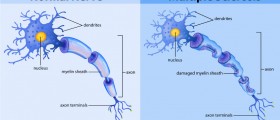

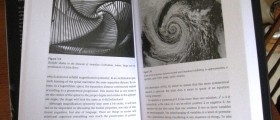



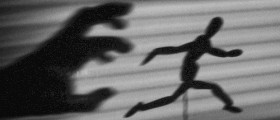


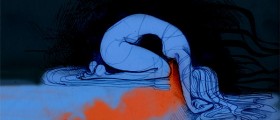


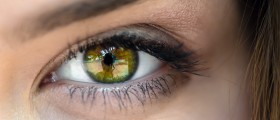
Your thoughts on this
Loading...